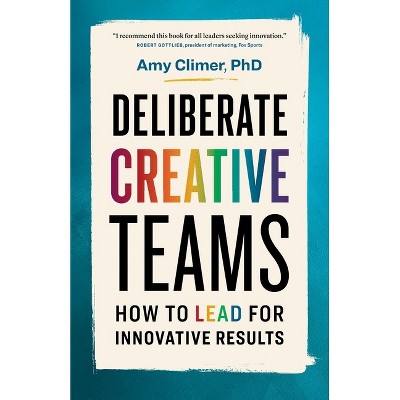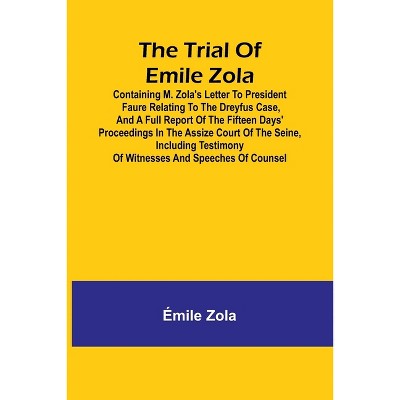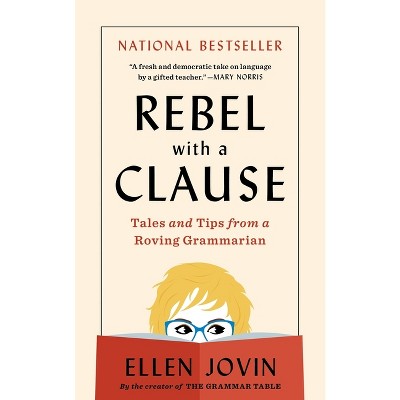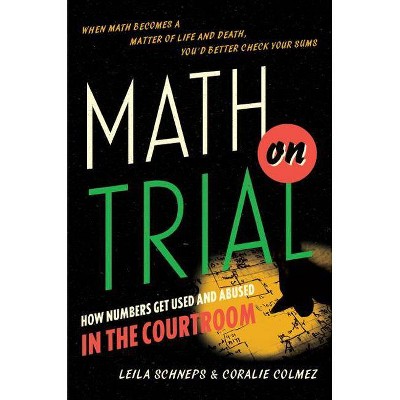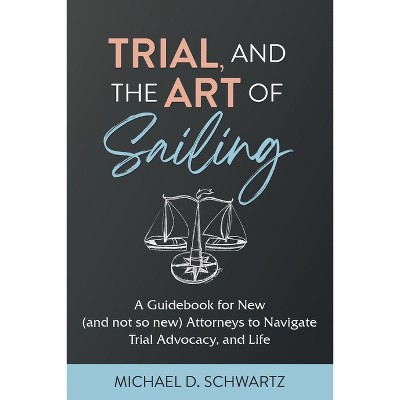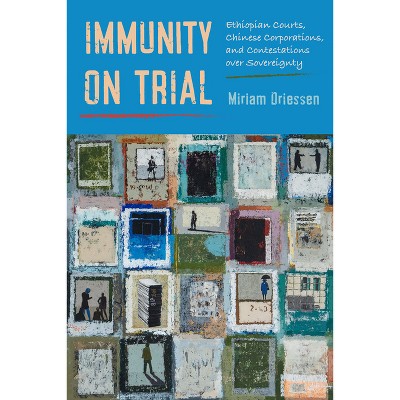Sponsored

Trial by Treatment - by Mary Ellen Stitt (Hardcover)
In Stock
Sponsored
About this item
Highlights
- A troubling account of the unexpected impacts of treatment-based alternatives to criminal punishment.
- About the Author: Mary Ellen Stitt is an assistant professor in the School of Criminal Justice and faculty affiliate in the Department of Sociology at the University at Albany, SUNY.
- 256 Pages
- Freedom + Security / Law Enforcement, Mental Health
Description
About the Book
A troubling account of the unexpected impacts of treatment-based alternatives to criminal punishment. Every year, courts send hundreds of thousands of people to treatment-based programs as alternatives to traditional punishment. These alternatives-known as 'diversion programs'-are widely celebrated as reforms that reduce the punishment of the mentally ill. But in Trial by Treatment, Mary Ellen Stitt shows that they have, in fact, expanded the reach of the criminal legal system and its power over the lives of the most vulnerable. The inner workings of diversion programs are obscure, partially by design, and data on outcomes is hard to come by. Stitt draws on two years of fieldwork in criminal courtrooms and court-mandated treatment sessions, as well as an original national dataset, in-depth interviews, and experimental survey data, to document the hidden impacts of diversion. She shows that placing mental healthcare under the control of the courts has helped to legitimize the criminalization of illness, warped treatment environments, and amplified inequalities in punishment. In vivid and humanizing detail, Trial by Treatment shows how reforms that keep power and discretion in the same hands can entrench the very problems they promised to solve"- Provided by publisher.Book Synopsis
A troubling account of the unexpected impacts of treatment-based alternatives to criminal punishment.
Every year, courts send hundreds of thousands of people to treatment-based programs as alternatives to traditional punishment. These alternatives--known as 'diversion programs'--are widely celebrated as reforms that reduce the punishment of the mentally ill. But in Trial by Treatment, Mary Ellen Stitt shows that they have, in fact, expanded the reach of the criminal legal system and its power over the lives of the most vulnerable.
The inner workings of diversion programs are obscure, partially by design, and data on outcomes is hard to come by. Stitt draws on two years of fieldwork in criminal courtrooms and court-mandated treatment sessions, as well as an original national dataset, in-depth interviews, and experimental survey data, to document the hidden impacts of diversion. She shows that placing mental healthcare under the control of the courts has helped to legitimize the criminalization of illness, warped treatment environments, and amplified inequalities in punishment. In vivid and humanizing detail, Trial by Treatment shows how reforms that keep power and discretion in the same hands can entrench the very problems they promised to solve.
Review Quotes
"Trial by Treatment is a devastatingly vivid account of the criminal diversion reform movement, situated in the wake of mass incarceration and the implosion of U.S. mental healthcare. Using an incredibly wide array of data on how these proliferating programs function, Stitt reveals how this dispersed alternative approach further entangles vulnerable people within the criminal legal system and entrenches punitiveness in the management of social ills."--Mona Lynch University of California, Irvine
"Drawing on a rich amount of data, Trial by Treatment powerfully demonstrates how court-mandated diversion cannot solve--and can even worsen--the problems of mental illness and substance use disorders. A timely reminder that reforms must get at the root of the problem lest they risk entrenching punishment and inequality."--Matthew Clair author of "Privilege and Punishment"
About the Author
Mary Ellen Stitt is an assistant professor in the School of Criminal Justice and faculty affiliate in the Department of Sociology at the University at Albany, SUNY. She is a former American Bar Foundation / National Science Foundation Doctoral Fellow in Law & Inequality and a Fulbright Scholar. Her work has appeared or is forthcoming in the American Journal of Sociology, Punishment & Society, Social Forces, and Social Problems.Shipping details
Return details
Trending Non-Fiction





